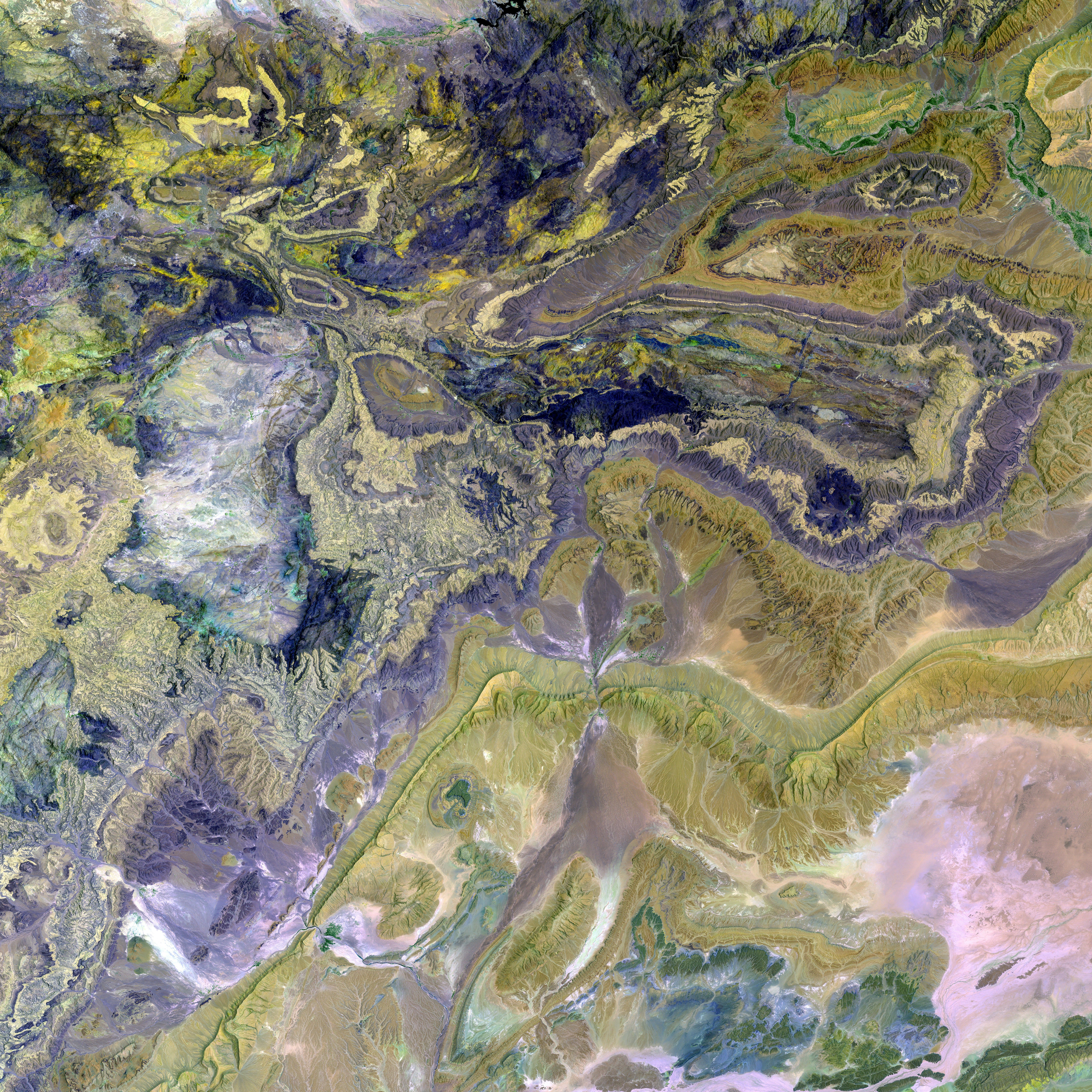Protesters in Tunisia call for the release of detained political opponents
Spontaneous Clashes in Tunisia's Streets
Tunisia is currently experiencing an intense political turmoil, characterized by opposing protests and a deepening political crisis, directly linked to a decline in civil liberties and the detention of critics.
Divided Streets Echo Nation's FragmentationOn the evening of May 1-2, 2025, opposition protesters in Tunis called for President Kais Saied's resignation, shouting anti-government slogans such as "Saied step down, you are a dictator" and "The people demand the fall of the regime". In contrast, supporters of Saied rallied near the opposition, voicing "No to foreign interference" and backing the president. The police intervened, separating the groups, highlighting the growing polarization within the nation. A few days earlier, a Labor Day protest on May 1 attracted hundreds who demonstrated against Saied and protested for the freedom of detained dissidents.
Crackdown on Dissent- Political Imprisonment: Around 50 individuals are behind bars for political reasons as of early 2025, including opposition figures such as Abir Moussi (Free Destourian Party) and Rached Ghannouchi (Ennahda).- Targeting Critics: prominant lawyer Ahmed Souab was detained in late April 2025 following his criticism of Saied. Sonia Dahmani, another lawyer, and journalist Mohamed Boughalleb are also incarcerated for their dissent.- Legal Repression: Authorities employ terrorism charges and vague laws like Article 72 of the Penal Code ("Attempting to alter the nature of the state") - potentially punishable by death - to suppress opposition.
Courtroom DramaA mass trial of 40 dissidents, including opposition leaders Jaouhar Ben Mbarek and Ghazi Chaouachi, commenced on March 4, 2025. Six defendants have been held in pre-trial detention since February 2023. The anti-terrorism court has ignored defense requests for provisional release, conducting proceedings remotely.
International OutcryHuman Rights Watch and Amnesty International have condemned the "unprecedented repression" in Tunisia since Saied's 2021 power grab, pointing to Tunisia's return to "political prisoners" and the erosion of post-2011 rights. France has also criticized the unfair trials of dissidents, echoing broader EU concerns.
This volatile atmosphere demonstrates Tunisia's retreat from democratic norms, with civil liberties facing unrelenting attacks.
- Amidst the political turmoil in Tunisia, various international organizations, such as Human Rights Watch and Amnesty International, have been advocating for international justice, condemning the repression in the country since President Kais Saied's power grab in 2021.
- The volatile general news, marked by ongoing war-and-conflicts, crime-and-justice, and opposing protests, has led to a shutdown of civil liberties in France, prompting them to critically express their concerns over Tunisia's erosion of democratic norms.
- In light of the political crisis in Tunisia, Souhaieb, a vocal critic of President Kais Saied, has been detained, further escalating concerns over the suppression of free speech and the rule of law, as evidenced by the use of terrorism charges and vague laws like Article 72 of the Penal Code.
- The recent mass trial of 40 dissidents, including opposition leaders such as Jaouhar Ben Mbarek and Ghazi Chaouachi, highlights the ongoing political crisis in Tunisia, with the general news echoing calls for fair trials and adherence to international justice standards.
- Despite the ongoing protests and deepening political crisis, the constitutional process in Tunisia remains at a standstill, with the future of the nation's democracy hanging in the balance, as opposed to upholding the ideals of the 2011 revolution.
- In the face of growing polarization within the nation, as demonstrated by the opposing protests on the streets of Tunis, it is crucial to look to international justice for guidance in advocating for the protection of civil liberties, the rule of law, and the upholding of democratic values in Tunisia.







